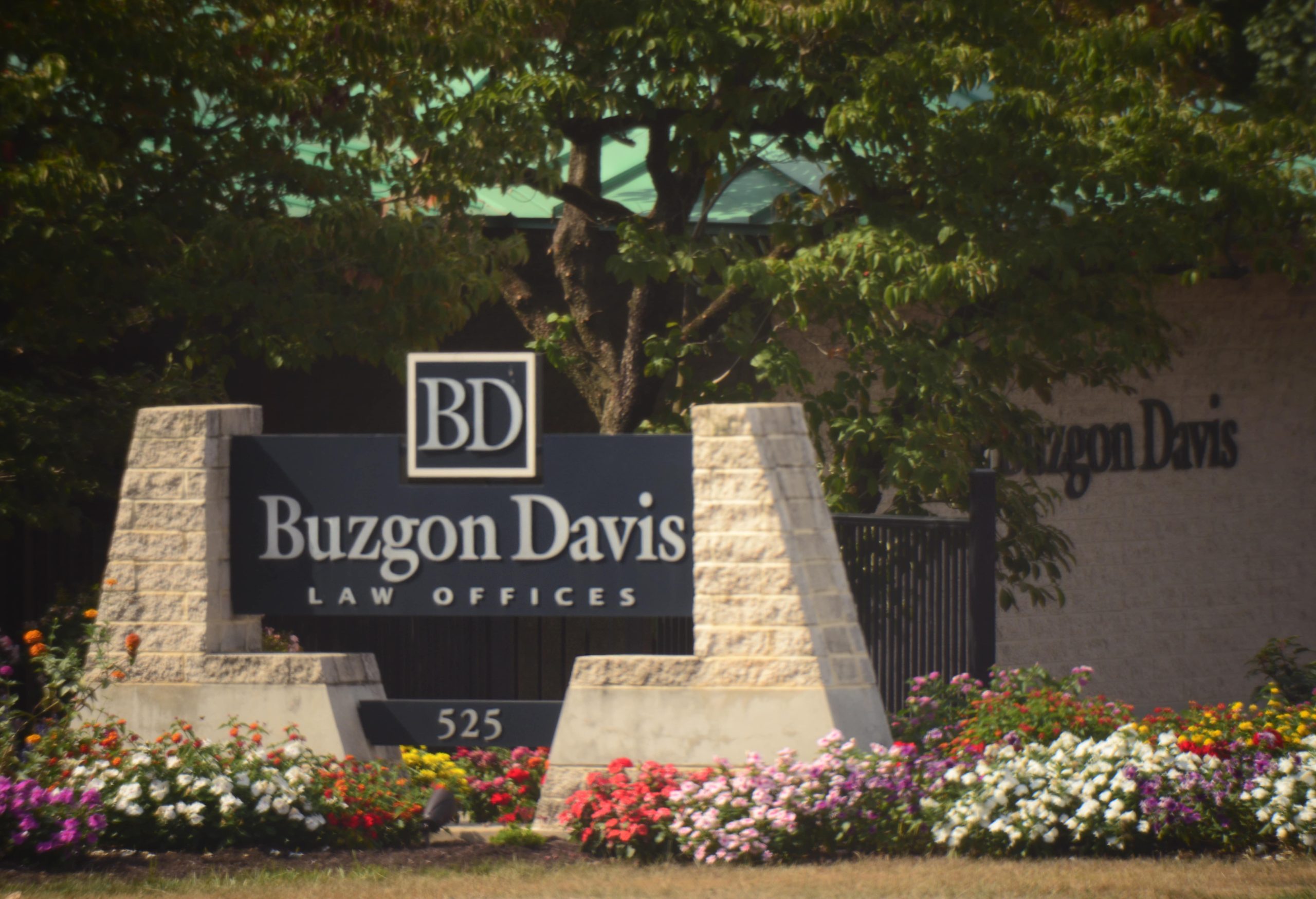
Child custody cases are common. There were 42,240 new child custody cases filed in Pennsylvania in 2021. If you’re going to court to fight for custody of your child or to come to an agreement with the other party, you are not alone.
Child custody cases can be complicated and emotionally taxing. Fortunately, you can navigate child custody laws more easily with professional guidance. An experienced child custody lawyer can address your questions and concerns, represent you in court if needed and offer support during this stressful time.
We understand the heartache that often comes with child custody issues. Our team of skilled attorneys is here to offer support and listen with compassionate ears. You can count on us to use our knowledge and experience to fight for the resolution you’re hoping for.
Schedule a ConsultationPennsylvania has many different laws related to child custody and visitation. You will find Pennsylvania’s child custody laws in Chapter 53 of Title 23 of the Consolidated Statutes.
The most essential thing to know is if parents cannot come to a parenting agreement on their own or with the help of attorneys, they will need to go to court. The court will decide who will have physical and legal custody of the child.
Legal custody gives you the right to make important, non-emergency decisions for the child. It can be shared, meaning both parents make decisions together. A parent can also be awarded sole legal custody, meaning they do not need the other parent’s consent to make a major decision on the child’s behalf.
Physical custody gives a parent the right to have the child live with them. A parent may have primary physical custody, meaning the child spends most of the time with them. This type of custody can also be shared or partial.
In some cases, such as if a parent is considered a danger, the court may order supervised visitation instead of custody for that parent.
A parent can file for legal or physical custody or both. In some cases, grandparents or other persons who acted as a parent to the child for a significant amount of time can also file for custody.
A judge will determine who will have custody of the child based on the child’s best interest. They’ll consider the child’s safety first and foremost, along with other factors, such as:
Once a decision is made, the judge will sign a custody order establishing legal and physical custody. The parents will then legally be required to follow the order. Without an official custody order in place, parents share equal custody.
Child custody law is complex. If you’re struggling to come to an agreement, disagree with the court order or need a lawyer’s guidance and support, we’re here for you at Buzgon Davis.
We have over 60 years of experience guiding Lebanon County residents through family law issues. Our legal team will work hard to find the best solution for you and your child.
Contact us today to schedule a consultation.




